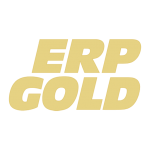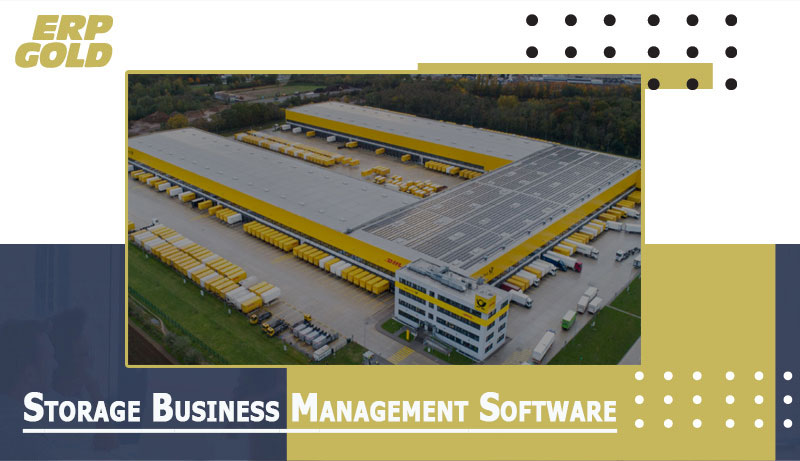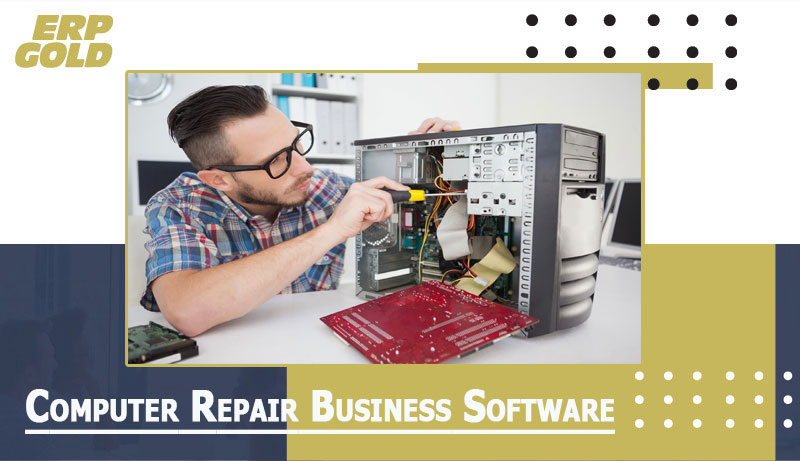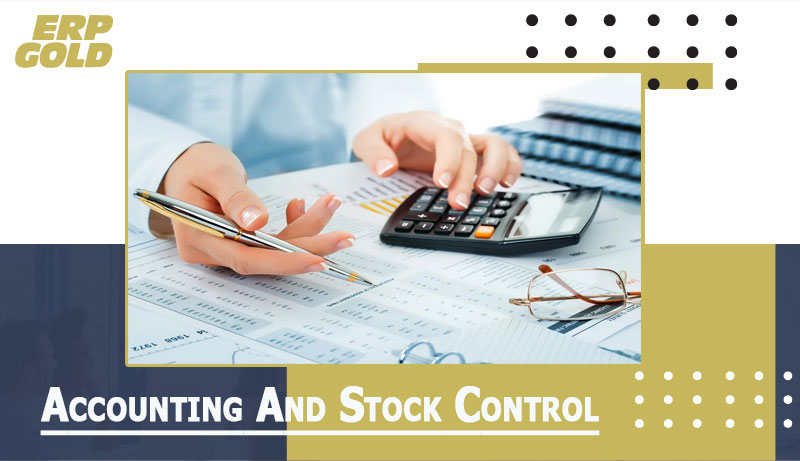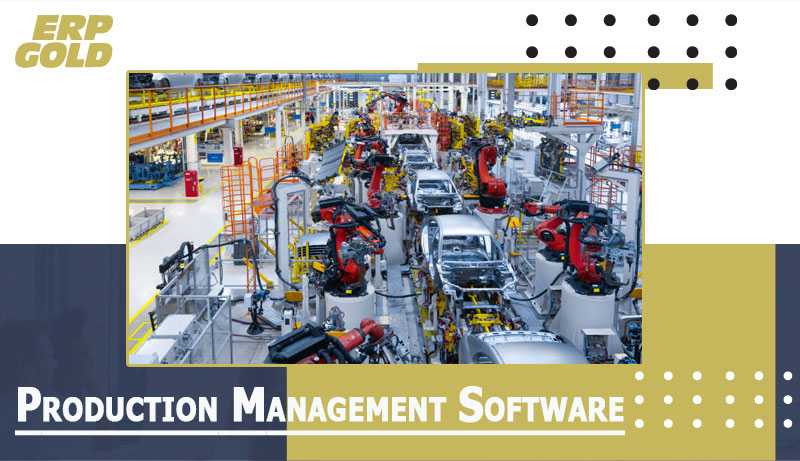Inventory control can be defined as the process of ensuring that appropriate amounts of stock are maintained by a business, so as to be able to meet customer demand without delay while keeping the costs associated with holding stocks to a minimum. In other words, you need to manage your inventory so you have it when you need it but don’t have too much that it is costing you money. Learn how your inventory could be in your control.
Why inventory control management is important?
In order to be successful, a company must have accurate knowledge of its inventory – how many items are in stock, where the items are located, and how much is needed to meet upcoming demand. Without this knowledge, a company can’t run smoothly or achieve maximum growth. If there is too much inventory, the carrying costs will negatively impact your bottom line. If there is too little inventory, you can’t meet your customer’s demand and you lose sales.
What are some Inventory Control Tools to use?
There are many inventory control tools that can be employed to ensure maximum efficiency and profit. Here are a few that will have the largest impact.
1- Accurate Reports
The inventory reports you to have should give you firsthand information about your inventory and what affects it. You should be able to see what is on order and when it should be available to use. You should be able to see where every piece of inventory is, even if you have multiple warehouses. And finally, you need to see what your customer orders are and when they are due.
2- Stocking Policy and Reorder Alerts
Do you have a stocking policy? Do you have to reorder alerts set up? Along with accurate reports, a stocking policy and reorder alerts are important tools to manage your inventory. A stocking policy maintains the maximum and minimum level of the stock. There should be a defined upper limit and lower limit of the inventory to be kept in the network of your inventory locations. By setting the stocking policy, you can set optimized re-order points and average inventory levels to ensure that cost is controlled, and stock is available when you need it. Safety stock levels help you maintain your inventory levels and not run short.
3- Inventory Management Software / Dashboards
Inventory management software, especially those with dashboards are an integral part of the necessary tools you should consider for inventory control. You want software that gives you at minimum, the basics of your inventory – what is coming in, what you have and where it is, and what is going out. A dashboard is simply a graphical display of your information. An ideal dashboard will give you all the information on one screen while others have individual screens to see the information. The important component is you have access to all the information you need to make accurate decisions.
4- Barcoding / Serialization
Barcoding and/or serialization of your inventory can be a game-changing tool. With barcoding or serialization, every piece of inventory or stock is assigned a unique barcode or number, and all the information is stored within the system. This allows you to have traceability of all your inventory in your facility and more control of what you have. It also allows you to have a more accurate picture of how much inventory (physically and monetarily) you are carrying, and the cost associated with the inventory.
5- Integrated Inventory Software System
Finally, an integrated inventory software system is the most impactful tool for inventory management and control. It is a software system that is connected or synced with the other operational software being utilized in your facility, accounting software, manufacturing software, and shipping software. With an integrated system, inventory flows automatically through processes, keeping the possibility of inaccurate inventory to a minimum.
The system keeps a record of the quantity, location, and value of each inventory stock item. Depending on the complexity of the system, it can be customized to track orders and shipments and automatically create replenishment orders, along with the financial reporting necessary for a successful business.
ERP Gold provides customized inventory management software solution that integrates with your existing systems, including QuickBooks to provide you with the tools you need to be successful and grow your business. Click here to read more about our solution, call 888.334.4472 for a free consultation, or click here to schedule a free consultation or demonstration of how we can help you.
